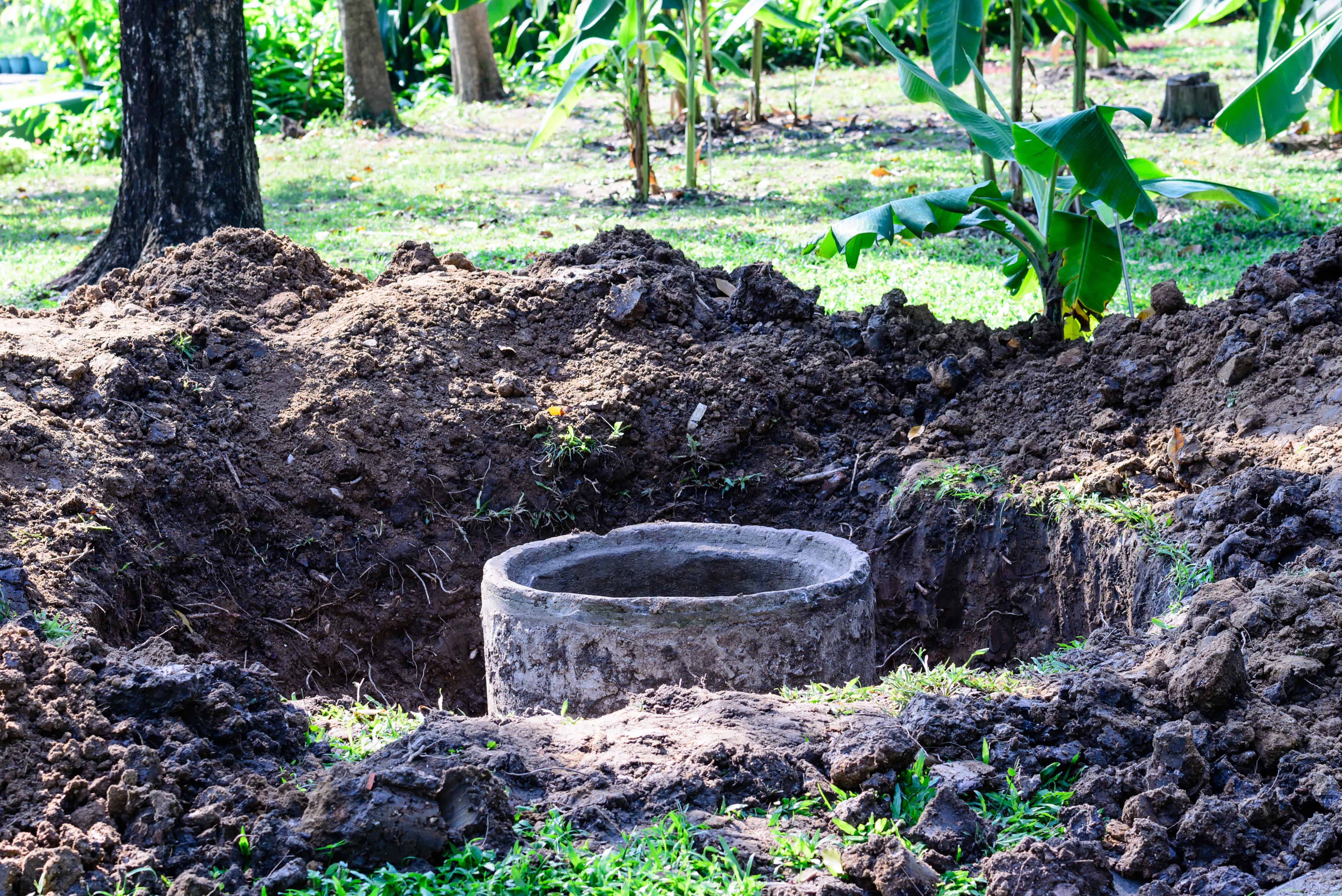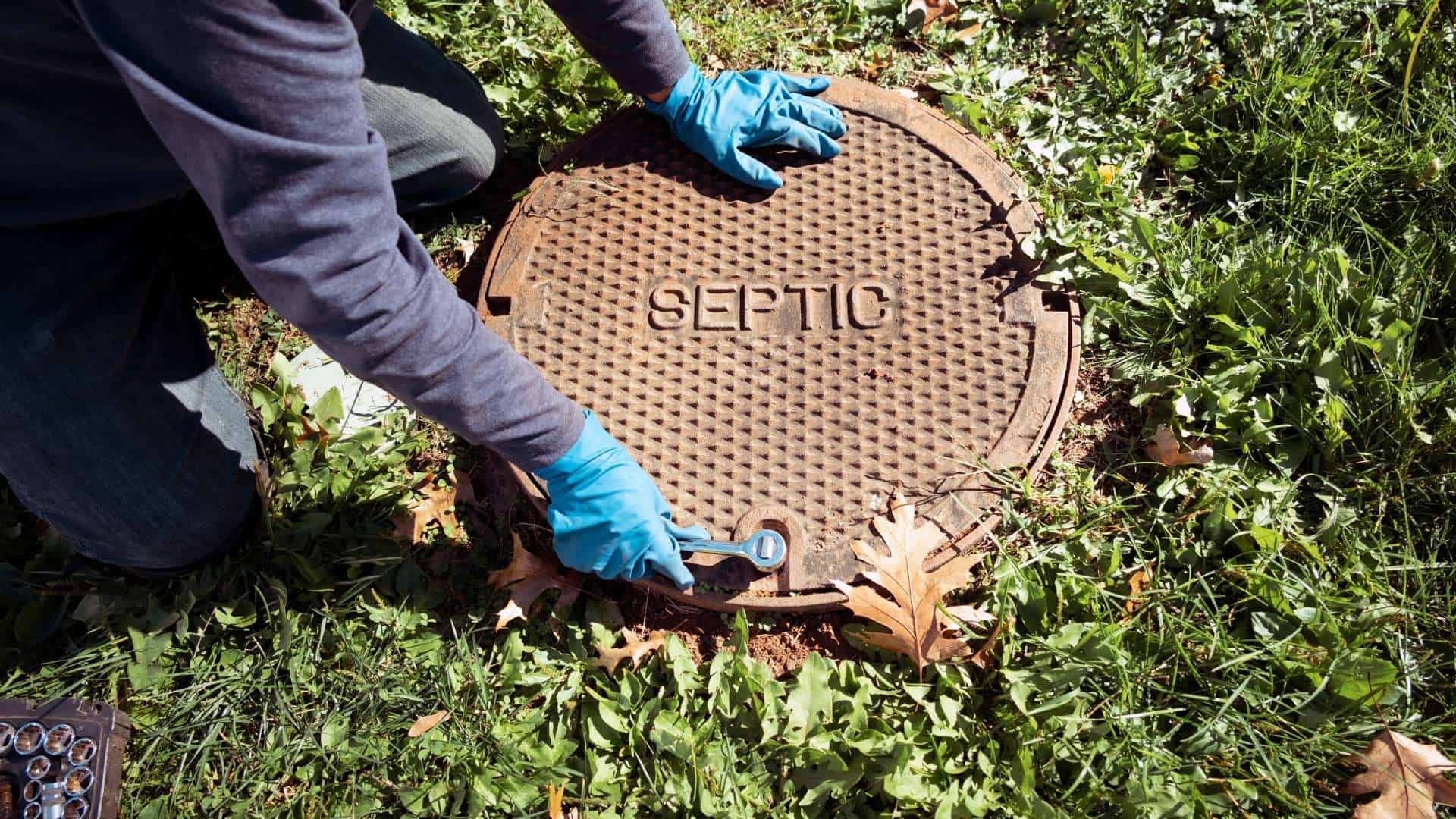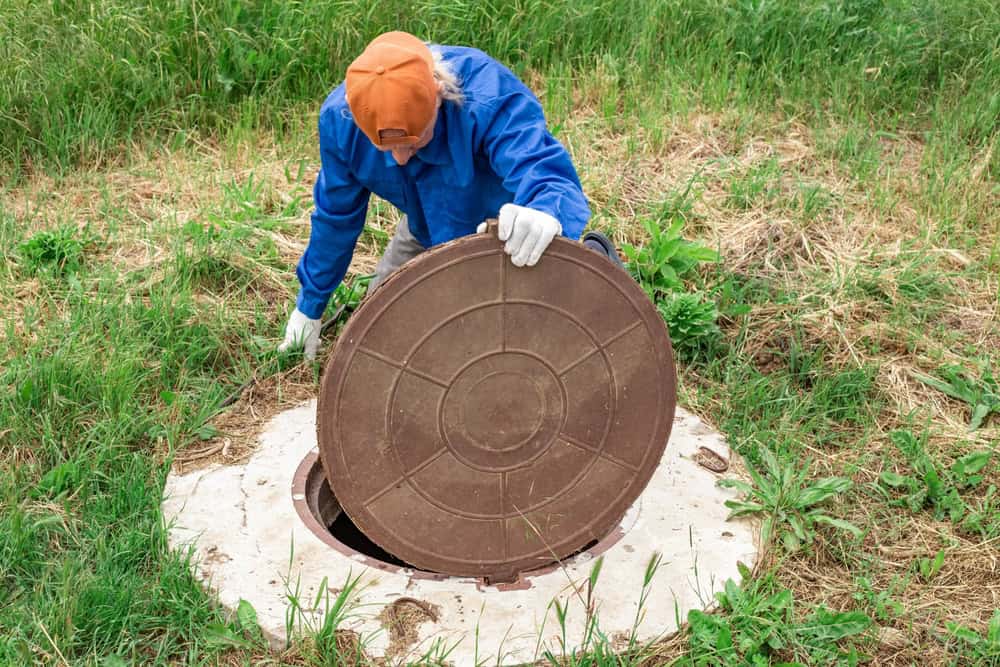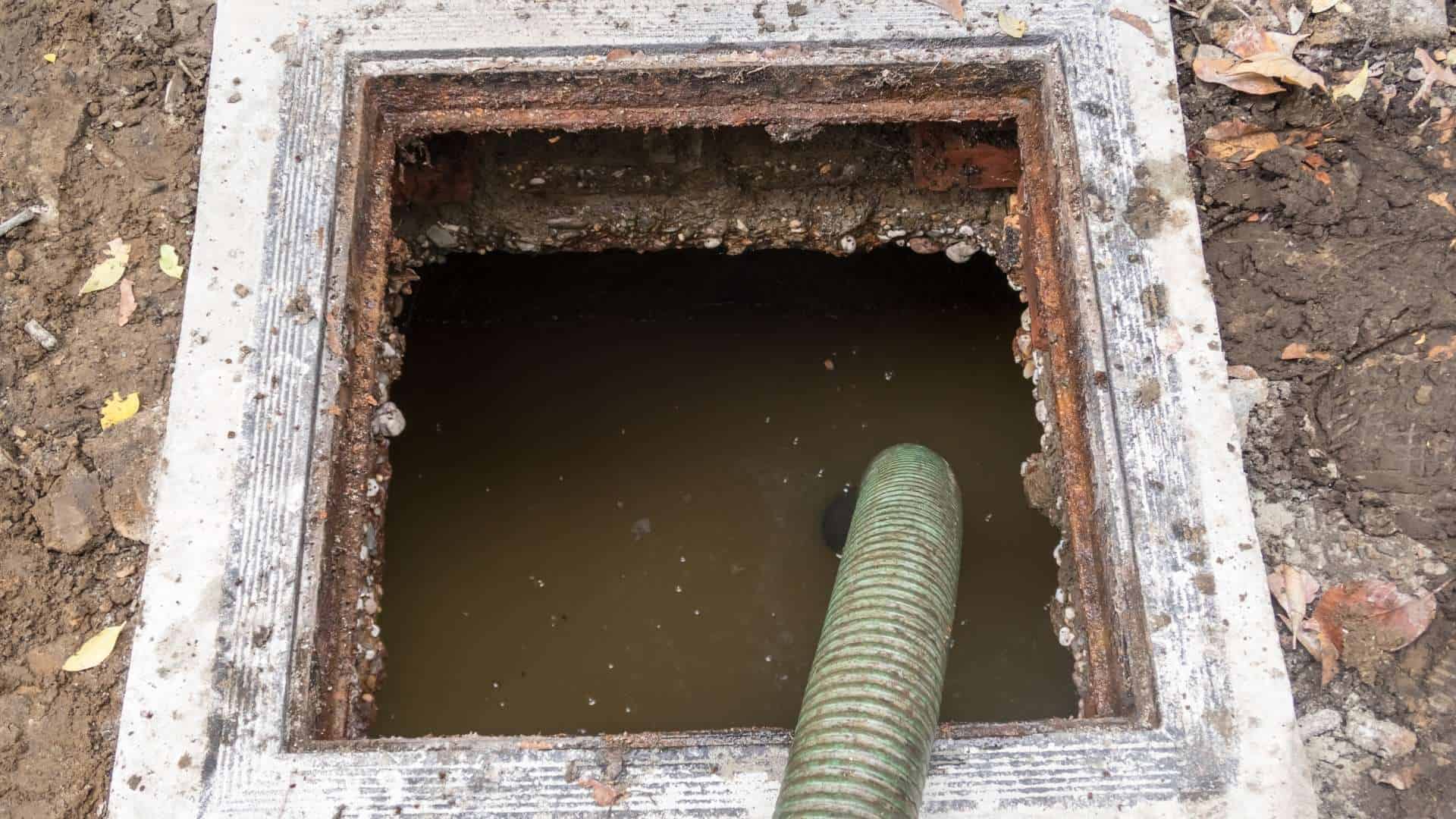How to Identify Common Septic System Issues and Their Causes
Septic systems are an important part of many homes and businesses, providing a safe and efficient way to dispose of wastewater. Unfortunately, septic systems can experience a variety of issues that can cause them to malfunction. Identifying common septic system issues and their causes can help you take the necessary steps to resolve the problem and keep your system functioning properly.
One of the most common septic system issues is a clogged drain field. This occurs when the drain field becomes saturated with wastewater, preventing it from draining properly. This can be caused by a variety of factors, including an overloaded septic tank, a broken or blocked pipe, or a lack of maintenance.
Another common issue is a backed-up septic tank. This occurs when the tank is full and unable to accept any more wastewater. This can be caused by a variety of factors, including an overloaded tank, a broken or blocked pipe, or a lack of maintenance.
A third common issue is a broken or blocked pipe. This can be caused by a variety of factors, including tree roots, debris, or a lack of maintenance. If the pipe is broken, it will need to be replaced. If it is blocked, it will need to be cleared.
Finally, a lack of maintenance can cause a variety of septic system issues. Regular maintenance is essential for keeping your system functioning properly. This includes regularly pumping out the septic tank, inspecting the system for any signs of damage or blockages, and ensuring that the drain field is not becoming saturated.
By identifying common septic system issues and their causes, you can take the necessary steps to resolve the problem and keep your system functioning properly. Regular maintenance is essential for keeping your system functioning properly, and addressing any issues as soon as they arise can help prevent more serious problems from occurring.
The Benefits of Regular Septic System Maintenance and Inspections
Regular septic system maintenance and inspections are essential for ensuring the proper functioning of a septic system. Without regular maintenance and inspections, a septic system can become clogged, leading to costly repairs and potential health hazards. Here are some of the benefits of regular septic system maintenance and inspections.
First, regular maintenance and inspections can help to prevent costly repairs. By regularly inspecting and maintaining a septic system, any potential problems can be identified and addressed before they become more serious. This can help to avoid costly repairs and replacement of parts.
Second, regular maintenance and inspections can help to ensure the safety of the environment. Septic systems are designed to contain and treat wastewater, and if they are not properly maintained, they can become a source of contamination. Regular maintenance and inspections can help to ensure that the system is functioning properly and that any potential environmental hazards are addressed.
Third, regular maintenance and inspections can help to extend the life of a septic system. By regularly inspecting and maintaining a septic system, any potential problems can be identified and addressed before they become more serious. This can help to extend the life of the system and reduce the need for costly repairs and replacements.
Finally, regular maintenance and inspections can help to ensure the health and safety of those living in the home. Septic systems can become a source of contamination if they are not properly maintained. Regular maintenance and inspections can help to ensure that the system is functioning properly and that any potential health hazards are addressed.
In conclusion, regular septic system maintenance and inspections are essential for ensuring the proper functioning of a septic system. Regular maintenance and inspections can help to prevent costly repairs, ensure the safety of the environment, extend the life of the system, and ensure the health and safety of those living in the home.
How to Troubleshoot and Resolve Common Septic System Issues
Septic systems are a common way to treat wastewater in rural areas, but they can be prone to problems. If your septic system is not functioning properly, it is important to troubleshoot and resolve the issue as soon as possible. Here are some tips for troubleshooting and resolving common septic system issues.
1. Check the tank. The first step in troubleshooting a septic system is to check the tank. Look for any signs of damage or blockages, such as cracks, holes, or clogs. If you find any of these issues, you will need to have the tank repaired or replaced.
2. Check the drain field. The drain field is the area where the wastewater is dispersed. If the drain field is not functioning properly, it could be due to a clog or a broken pipe. If you suspect a clog, you can try to clear it with a plunger or a snake. If you suspect a broken pipe, you will need to have it repaired or replaced.
3. Check the pump. The pump is responsible for moving wastewater from the tank to the drain field. If the pump is not working properly, it could be due to a clog or a broken part. If you suspect a clog, you can try to clear it with a plunger or a snake. If you suspect a broken part, you will need to have it repaired or replaced.
4. Check the filters. The filters are responsible for removing solids from the wastewater before it is dispersed into the drain field. If the filters are clogged or damaged, they will need to be replaced.
5. Check the pipes. The pipes are responsible for carrying wastewater from the tank to the drain field. If the pipes are cracked or broken, they will need to be repaired or replaced.
6. Check the septic tank additives. Septic tank additives can help keep the tank functioning properly. If you suspect that the tank is not functioning properly, you can try adding a septic tank additive to see if it helps.
By following these steps, you should be able to troubleshoot and resolve most common septic system issues. If you are still having problems, it is best to contact a professional septic system service to help diagnose and resolve the issue.




